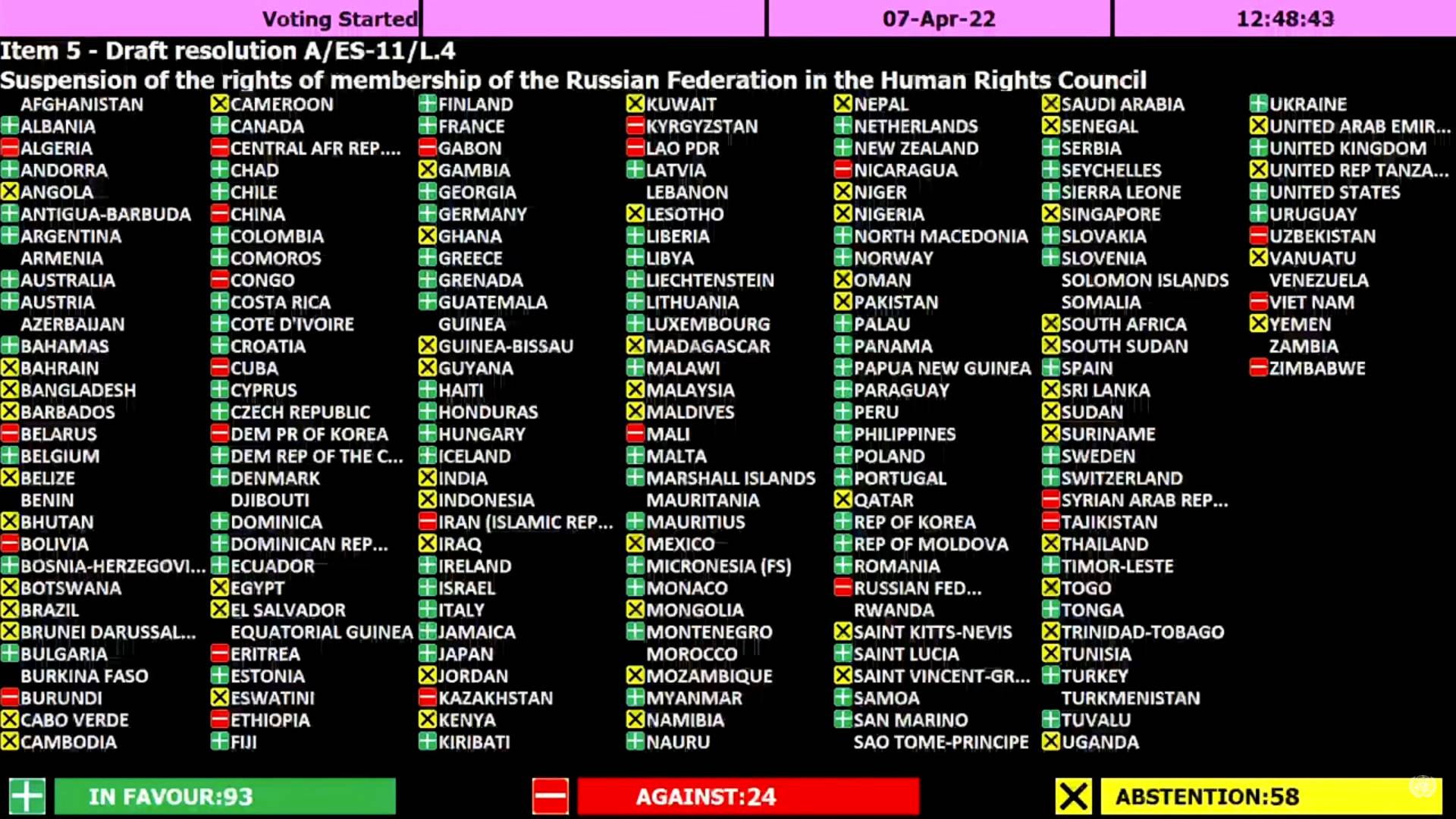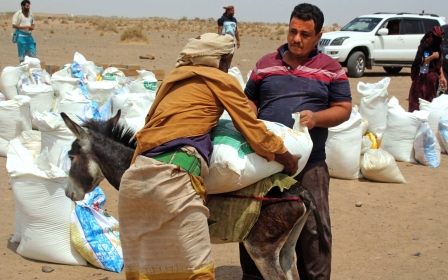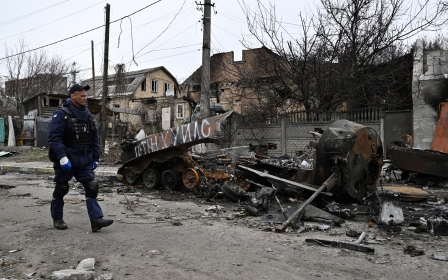Gulf states abstain as UN suspends Russia from rights council over Ukraine abuses
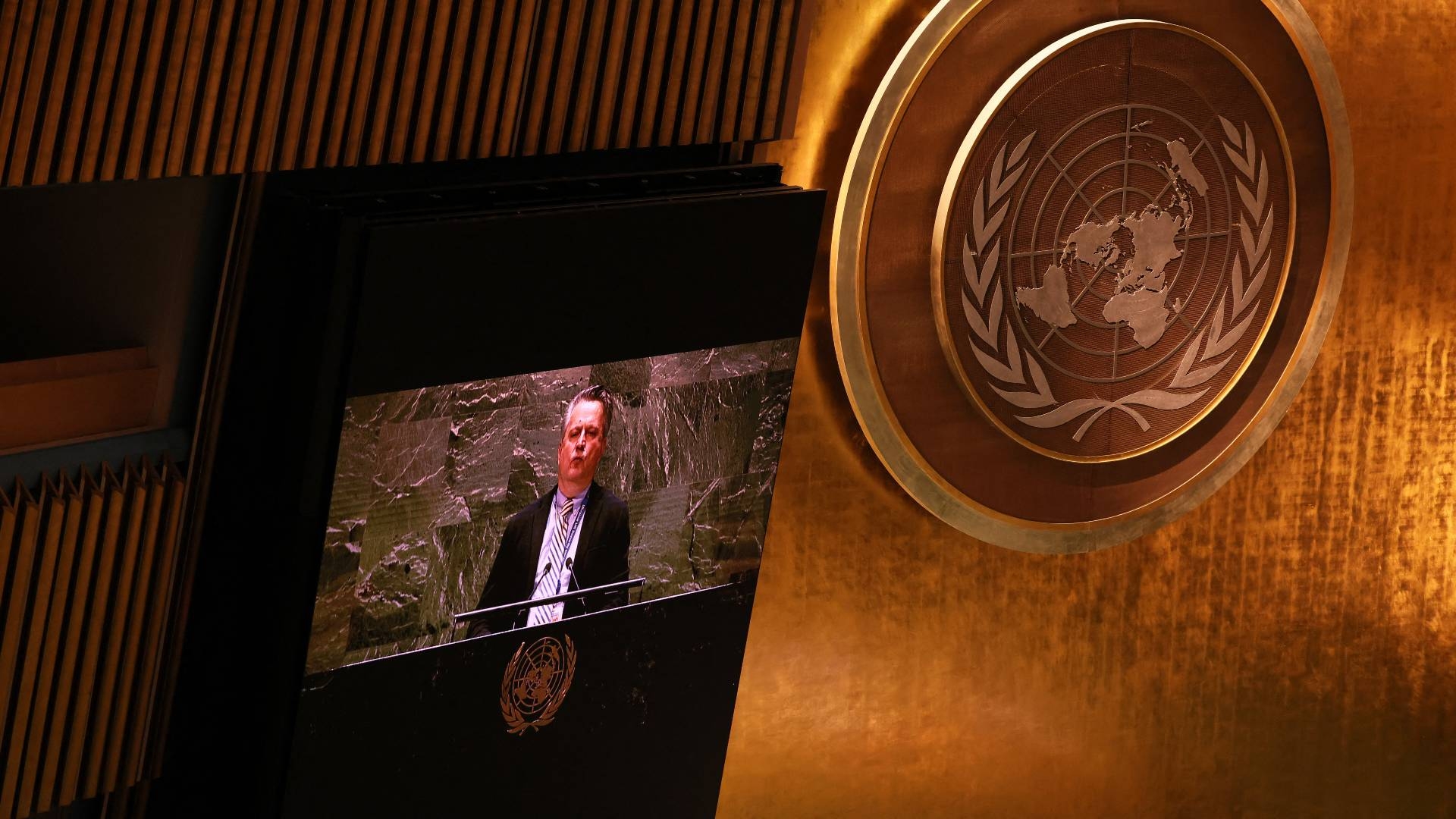
All six Gulf Arab countries abstained in a vote to suspend Russia from the UN Human Rights Council on Thursday, as much of the international community rushed to condemn Moscow over its invasion of its smaller neighbour Ukraine.
The US-led push garnered 93 votes in favour, while 24 countries including Algeria, Iran and Syria voted no and 58 countries including all Gulf countries along with Egypt, Iraq, Jordan, Sudan, Tunisia and Yemen abstained.
According to a UN tally, Israel, Libya and Turkey were the only three Middle East countries to support the resolution. Lebanon, Mauritania and Morocco did not turn up to vote.
The 93 votes in favour met the required threshold of a two-thirds majority of the assembly members that vote yes or no, with abstentions not counting in the calculation.
The brief resolution expressed "grave concern at the ongoing human rights and humanitarian crisis in Ukraine, particularly at the reports of violations and abuses of human rights and violations of international humanitarian law by the Russian Federation, including gross and systematic violations and abuses of human rights".
New MEE newsletter: Jerusalem Dispatch
Sign up to get the latest insights and analysis on Israel-Palestine, alongside Turkey Unpacked and other MEE newsletters
The vote makes Russia only the second country to have its membership rights stripped at the Human Rights Council after Libya was suspended in 2011, when upheaval in the north African country toppled longtime leader Muammar Gaddafi.
"War criminals have no place in UN bodies aimed at protecting human rights. Grateful to all member states which supported the relevant UNGA resolution and chose the right side of history," Ukrainian Foreign Minister Dmytro Kuleba said on Twitter.
Speaking after the vote, Saudi Arabia's representative at the UN General Assembly, Mohammed al-Ateeq, said the resolution set "a serious precedent that threatens multilateral work and runs counter to the principles of international law."
"We follow with grave concerns the deterioration of the situation in Ukraine, especially in humanitarian terms," the official said.
According to analysts, Russia's invasion of Ukraine has highlighted cracks in some of the US's most prominent alliances in the Middle East, most notably with Saudi Arabia and the United Arab Emirates.
Saudi Arabia's relations with the US have been strained since Biden was elected. The US president promised on the campaign trail to make the oil-exporting giant "pay the price" over the 2018 murder of journalist and MEE columnist Jamal Khashoggi.
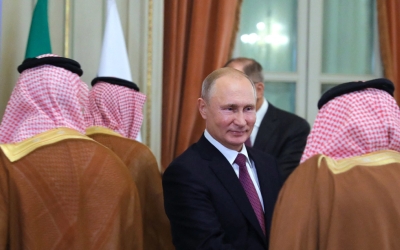
Then a month into office, he announced an end to offensive support to the Saudi-led coalition's war in Yemen last year.
But critics condemned the Biden administration for not holding to account the Saudi crown prince, Mohammed bin Salman, for the murder of Khashoggi, which US intelligence agencies concluded could not have happened without his approval.
Washington's ties to the UAE also appear to be at a low point in recent years, as evidenced by the UAE's move to abstain from a US-led vote last month condemning Russia's invasion at the UN Security Council.
Yousef al-Otaiba, the UAE ambassador to the US, recently acknowledged that the relationship was going through a "stress test".
Middle East Eye delivers independent and unrivalled coverage and analysis of the Middle East, North Africa and beyond. To learn more about republishing this content and the associated fees, please fill out this form. More about MEE can be found here.


